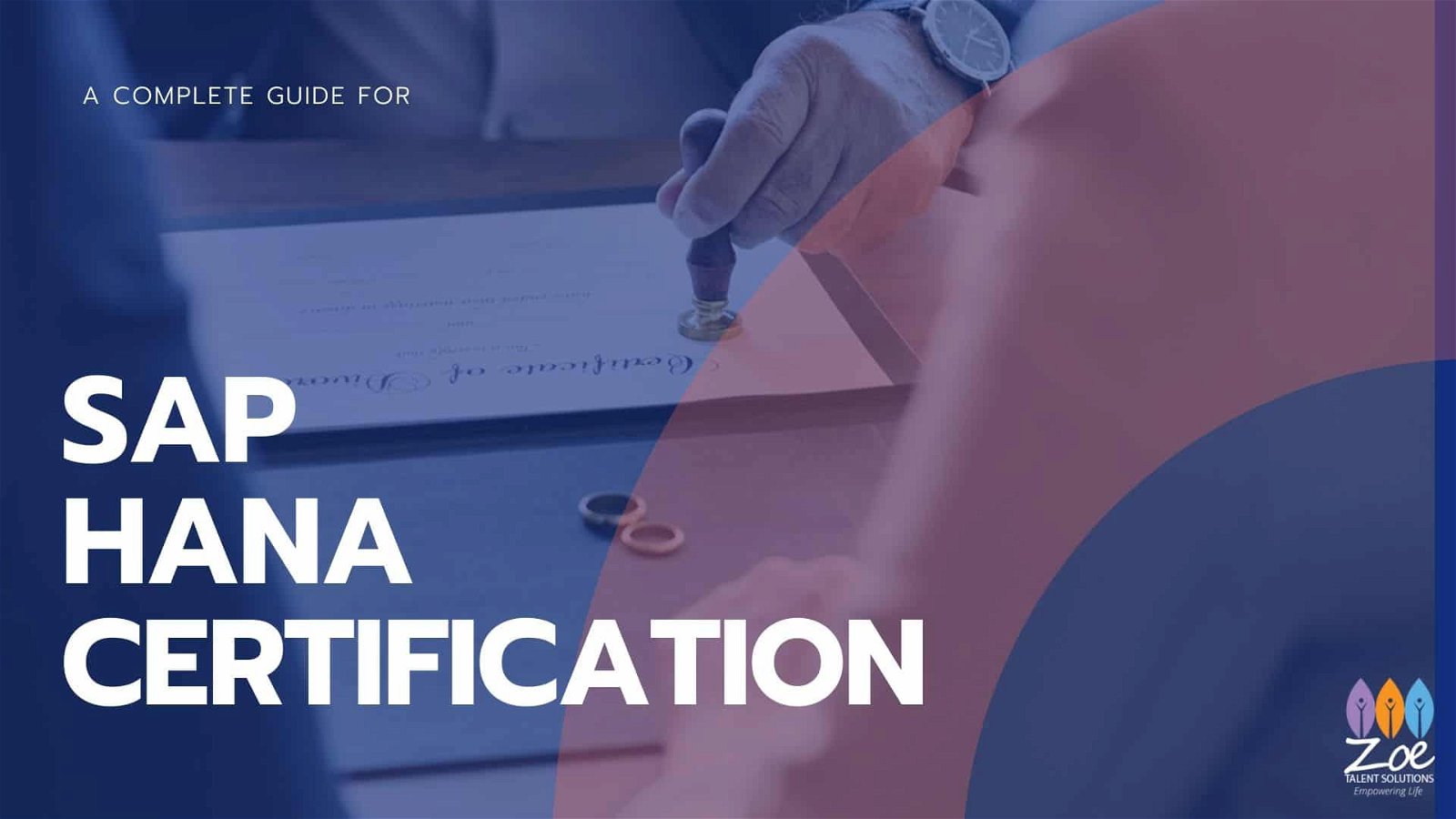Credibility lends a halo to a leader, and the tallest leaders in business and governments have commanded the respect of others by establishing credibility. And credibility is never achieved overnight, it takes a certain amount of time to build it. Here are the top ten methods to build and maintain credibility.
Share This Image On Your Site
Show Accountability
A leader is one who shows that he or she is accountable. This builds trust among others of the intentions of leaders.
Establish Competency In Your Field
A leader is one who leads by example. To do so, it is necessary to be a master of the field, to set standards for others to follow.
Trust Needs To Work Both Ways
As others trust a leader, it is necessary that a leader trusts the others. Trust is mutual and trusting leaders are trusted more.
Take Initiatives
Taking a bull by its horns is what makes a leader appear decisive and strong among others. Deal with issues by taking a proactive interest.
Master Communication Skills
If you cannot communicate to others, you will never be able to convey the purpose, or establish credibility as a leader. Master the communication skills that are necessary.
Be A Motivator, An Influencer
Be a strong source of motivation for others. An influencer and motivator is one who is looked upto for assistance and guidance.
Aim For A Purpose Other Than Self
Set your goals higher than achievements for self. Take the larger interest into consideration first – people find leaders more credible when the objective is larger interest.
Prove Your Result Oriented Nature
Establishing your success as a result oriented person is crucial to set an example and lead by example.
Never Avoid A Complex Problem
Never run away from a problem or pass the buck conveniently. Square up to problems and show that you lead from the front.
Remain Consistent Always
An inconsistent leader is one who will never be trusted. Stay consistent in all decisions, thoughts and reactions. Credibility, trust and consistency are typically on the same side of leadership.
Here are some of the Leadership Development Courses we offer at Zoe Talent Solutions
- Essentials of Leadership: Leadership and Influence
- Leadership and Strategy for Senior Managers
- Strength-Based Leadership
- Situational Self and Team Leadership
- Women in Leadership
- Making Meetings Work: Leading Meetings
- Feedback and Tough Conversations
- The Leader as a Change Analyst
- Leading Organizational Change


















